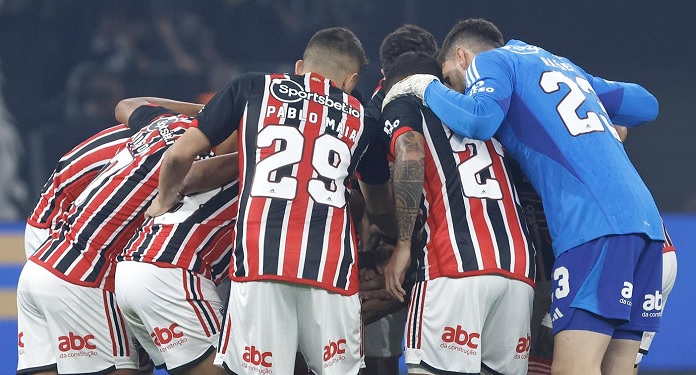São Paulo is implementing strict compliance rules, including not only the players, but also the club’s employees. The intention is to guide them on how to handle sports betting in an ethical and responsible manner.
“We don’t even want the suspicion of participation in manipulation to happen,” said the club’s legal director, Roberto Soares Armelin, in an interview with Veja.
“After the Maximum Penalty, we are working internally to avoid any situation that puts anyone related to São Paulo in suspicion.”
“The best practice, in our opinion, is to ban bets on any sporting events with the participation of São Paulo. Valid for any athlete, collaborator and manager”, he added.
In addition, many teams are investing in processes to assess the reputation of companies and/or brands before closing sponsorships or partnerships. São Paulo, in turn, opted not to insert brands from this segment on the uniforms of the base categories.
“From the compliance point of view, clubs have chosen to sponsor bookmakers that have solid internal controls and effective measures to prevent money laundering”, said Luciana Silveira, Chief Compliance Officer at Neoway, a Data Analytics and Intelligence company Artificial from B3 to Veja.
“Being sure that the third party will carry out verification of documents and final beneficiaries brings additional peace of mind to the club”, he added.
The betting sector was legalized in Brazil in December 2018 by measure of then President Michel Temer. This week, the federal government published a provisional measure with rules for the sports betting sector.
The segment has become an important source of income for clubs. Today, 19 of the 20 clubs in Serie A have bookmakers as sponsors. Sao Paulo itself is backed by Sportsbet.io.
Sports betting regulation
Accompanying the guidelines and compliance rules, the regulation of sports betting also brought a series of rules, such as the prohibition of players, coaches and referees from betting.
In addition, companies will be taxed at 18% on revenue obtained from games after paying player prizes and income tax.
The move by São Paulo and other clubs was due to the Maximum Penalty Operation, which is investing in a manipulation scheme in Brazilian football.
The Public Ministry of Goiás denounced several athletes for receiving cards or committing penalties on purpose to benefit recruiters, including in Serie A of the Brazilian Championship. Players have already been punished sporting fines, suspensions and even bans.




















































